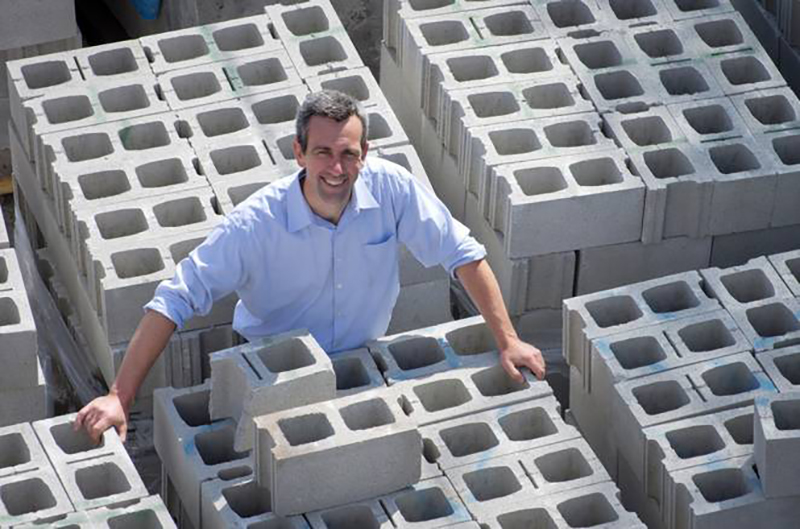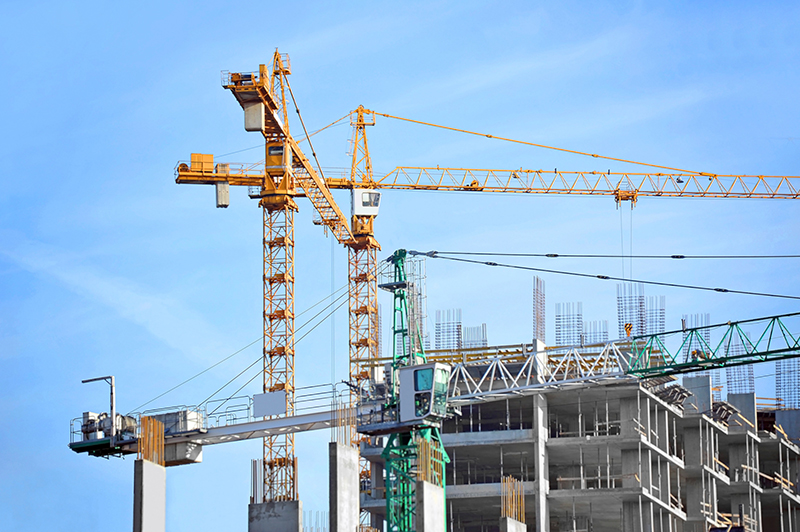
Cameroon, situated in Central Africa, has been experiencing a stable but gradual growth in its economy over the past two decades. Despite global economic fluctuations, the country’s real gross domestic product (GDP) is projected to reach 4.0% by 2022 and further increase to 4.6% by 2024. This steady economic growth, coupled with a inflation rate due to the pegging of its local currency, the CFA franc, to the euro, offers a promising backdrop for various industries, including the brick machine market.
The brick machine industry in Cameroon holds significant potential due to several factors. Firstly, the country’s population, estimated to be approximately 28 million in 2023, and a per capita GDP of around $1650, indicates a growing demand for infrastructure and housing development. This, in turn, drives the need for efficient and reliable brick-making machines. Moreover, the concentration of wealth and income in major cities like Yaoundé and Douala creates a lucrative market for brick machine manufacturers targeting urban construction projects.
The brick machine market in Cameroon is also poised for growth due to technological advancements in the industry. Modern brick machines, with their automated and intelligent features, offer improved efficiency, quality, and operational convenience. This not only enhances the production capacity of brick manufacturers but also reduces labor costs and operational downtime. The increasing awareness and adoption of these advanced brick machines are expected to drive market growth in Cameroon.
Another crucial factor favoring the brick machine market in Cameroon is the growing emphasis on environmental sustainability. With the rising global concern over climate change and environmental degradation, there is a growing demand for eco-friendly and energy-efficient building materials. Brick machines that utilize waste materials or adopt low-carbon manufacturing processes are gaining popularity among construction companies and brick manufacturers. This trend is likely to continue in Cameroon, thus opening up new opportunities for brick machine manufacturers focusing on green technologies.
Moreover, the Cameroonian government’s policies and regulations also play a significant role in shaping the brick machine market. Policies promoting infrastructure development, urbanization, and housing projects can significantly boost the demand for brick machines. Similarly, regulations mandating the use of certain types of bricks or promoting the use of recycled or waste materials in brick manufacturing can favor certain types of brick machines over others.
Despite these favorable factors, the brick machine market in Cameroon faces some challenges. One major challenge is the limited availability of skilled labor and technical expertise required for the operation and maintenance of advanced brick machines. This could hinder the widespread adoption of these machines, especially in rural and remote areas. Additionally, the high cost of importing advanced brick machines from developed countries could also be a deterrent for small and medium-sized enterprises in Cameroon.
To overcome these challenges, brick machine manufacturers and suppliers need to focus on providing training and technical support to their customers. This can help ensure the proper operation and maintenance of brick machines, thus enhancing their lifespan and performance. Furthermore, local manufacturing and innovation can reduce costs and improve access to advanced brick machines. Collaborations with research institutions and universities can help in developing cost-effective and locally suitable brick machine technologies.

In conclusion, the brick machine market in Cameroon presents significant opportunities for growth, driven by the country’s economic expansion, technological advancements, and increasing focus on environmental sustainability. However, challenges such as skilled labor availability and high import costs need to be addressed to fully realize the market’s potential. By providing training, technical support, and promoting local manufacturing and innovation, brick machine manufacturers can capitalize on these opportunities and contribute to the sustained development of Cameroon’s construction industry.
Looking ahead, it is expected that the brick machine market in Cameroon will continue to evolve and adapt to changing market dynamics. With advancements in technology and a growing focus on sustainability, the market is likely to witness the emergence of new and innovative brick-making solutions. These solutions, coupled with favorable policies and regulations, will further enhance the prospects of the brick machine market in Cameroon, making it a lucrative destination for brick machine manufacturers worldwide.

